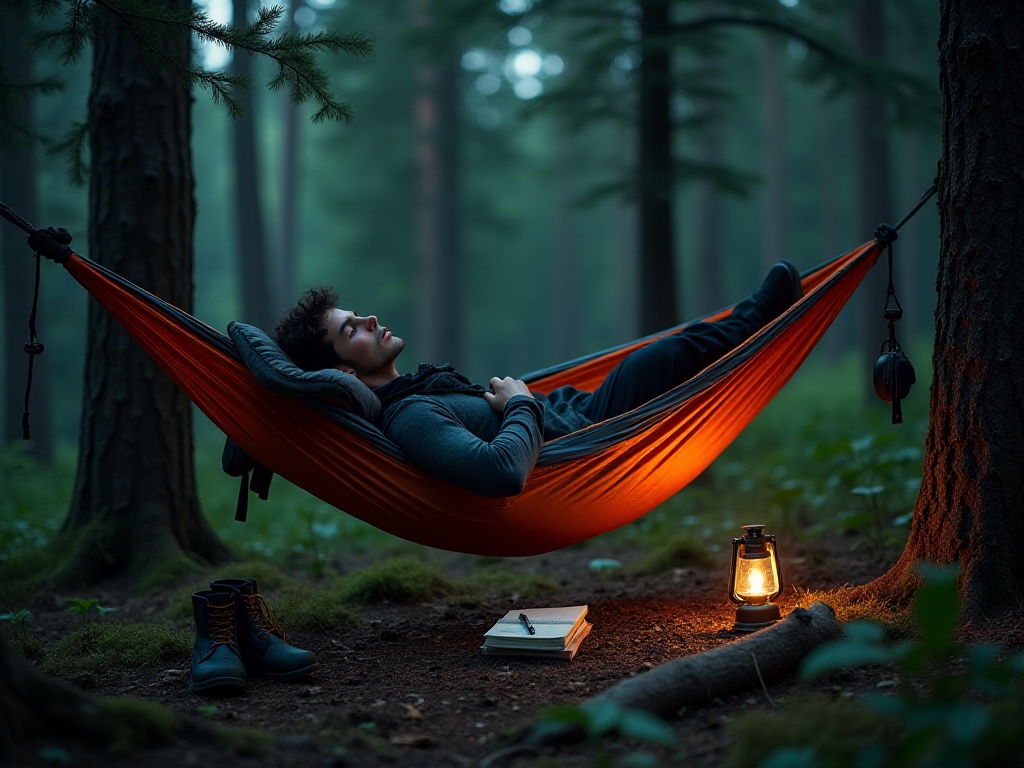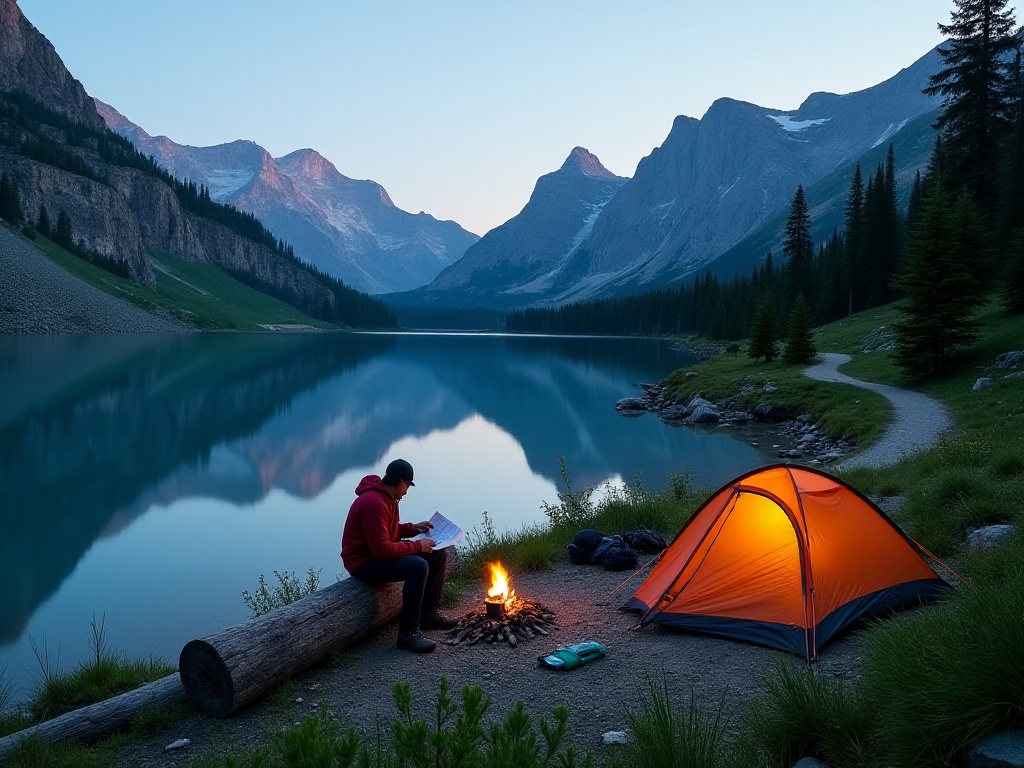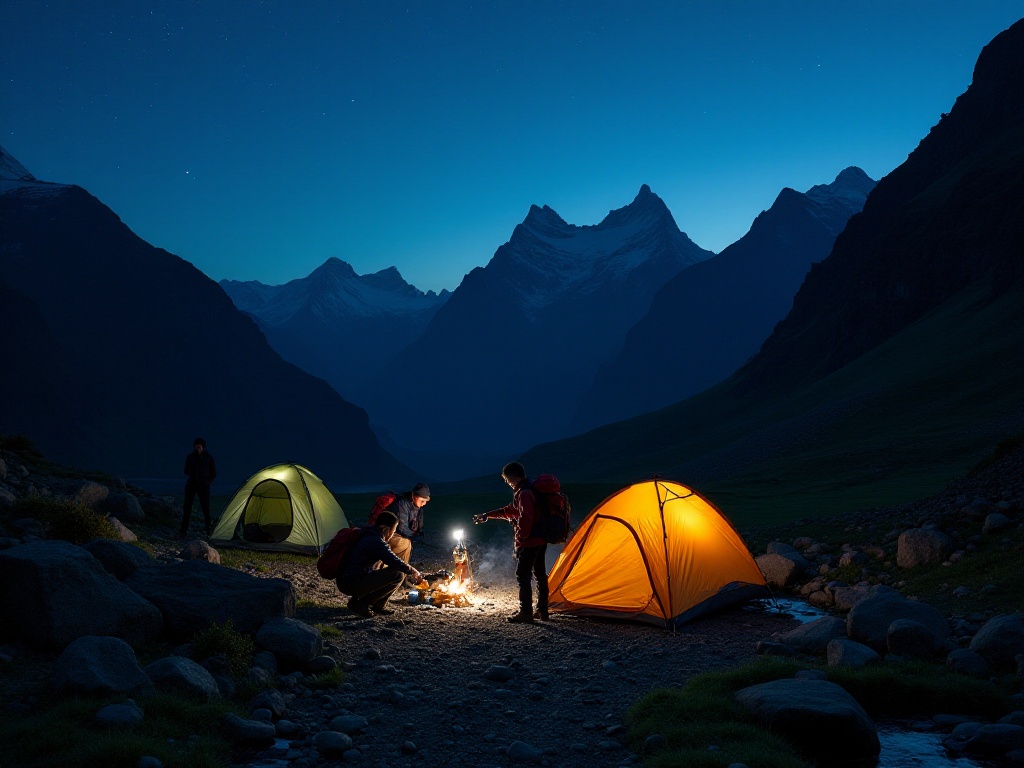Opening Words
As a 90s backpacker who has traveled through over 30 countries, I deeply appreciate the unique charm of backpacking. Whenever I carry that backpack that has accompanied me through countless mountains and waters, I always think of the diverse travelers I've met along the way and those unforgettable stories. Many friends ask me: "Are backpackers all poor? Why do they need to save so much money?" This question makes me chuckle because the essence of backpacking has never been about saving money, but rather a unique lifestyle and pursuit of values.
What is a Backpacker
The scene of my first backpacking trip remains vivid in my memory. On a bright sunny morning, I carried a 60L backpack and boarded a flight to Southeast Asia with a mix of anxiety and excitement. I remember being quite naive then, full of curiosity and anticipation about the backpacker identity. Over these years of traveling, I've increasingly understood that being a backpacker isn't just a way of travel, but a lifestyle.
During my journeys, I've met all kinds of backpackers. Fresh college graduates, successful entrepreneurs, experienced photographers, and even retired professors. Some of them could easily afford luxury hotels but chose youth hostels instead. The reason is simple - here they can meet like-minded friends and have unexpected exchanges and experiences.
I remember meeting a Swiss investment banker at a hostel in Siem Reap, Cambodia. During the day, he joined us riding tuk-tuks to visit Angkor Wat, and in the evening, he sat in the hostel's common area, drinking cheap beer while sharing his Wall Street stories with travelers from around the world. This contrast and authenticity are what make backpacking so appealing.
The biggest characteristics of backpackers are independence and economy. Independence shows in how we like to plan our own routes, solve our own problems, and not rely on travel agency itineraries. Economy doesn't mean simply saving money, but spending limited budgets on what matters most. For instance, we might save on accommodation but wouldn't hesitate to spend big on local experiential activities.
Who Are the Backpackers
When mentioning backpackers, many people's first thought might be fresh graduates, but the reality is far more interesting. The backpacker community is becoming increasingly diverse, with an ever-widening age range.
At a hostel in Brisbane, Australia, I met an impressive retired Canadian couple. They had been traveling the world for two full years, from South America all the way to Oceania. The elderly gentleman was humorous, saying: "When we were young, we were busy working, now we finally have time to properly see the world." Every morning, I would see them heading out with their backpacks, and when they returned in the evening, they always brought back stories and experiences from their day, as energetic as young people.
At a hostel in Kyoto, Japan, I met a middle-aged architect from Germany. He would take a month-long vacation every year, carrying his backpack to seek unique architecture around the world. In the communal kitchen, while making German sausages, he would explain to us the characteristics of different countries' architectural styles. This kind of cross-cultural exchange turned the hostel into a living international classroom.
According to 2023 data from the World Youth Hostel Association, young people aged 18-30 make up 65% of total backpackers, but the over-30 backpacker group is growing at a rate of 15% annually. The data reflects people's changing perceptions of travel styles. Particularly with the rise of digital nomads, who work remotely while traveling, they are redefining backpacker culture.
At a hostel in Chiang Mai, Thailand, I met several digital nomads. They would work in the hostel's common area during the day, handling projects from around the world, and in the evening enjoy night market food with other backpackers. This lifestyle combining work and travel is attracting more and more young people.
How to Travel
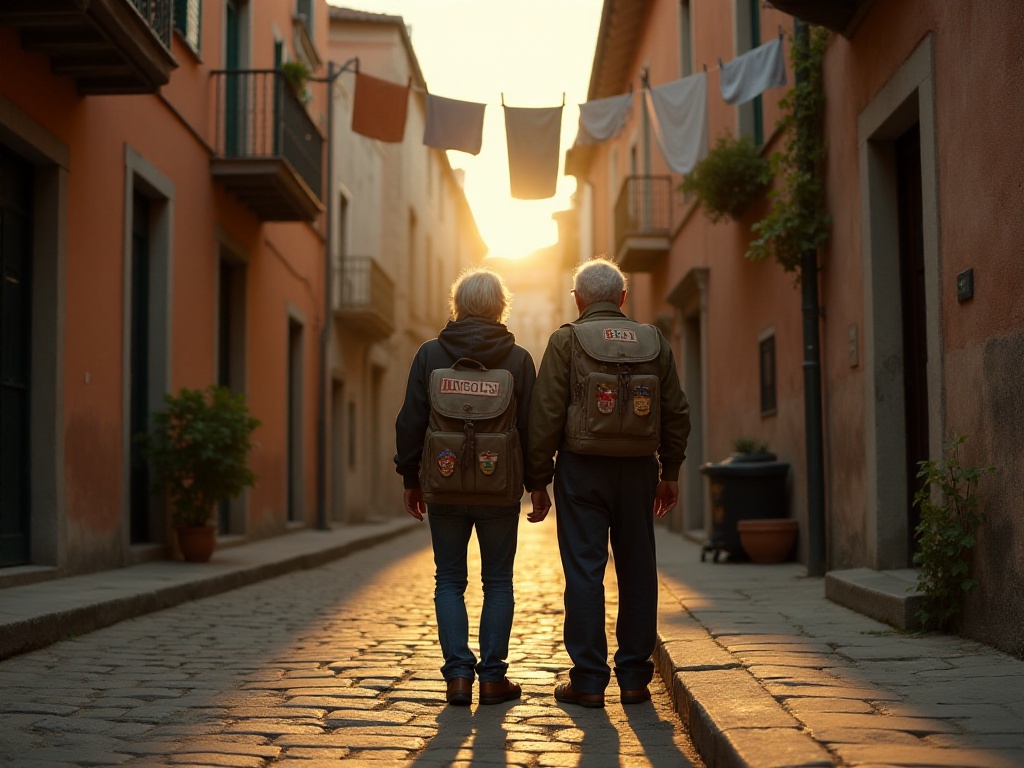
Accommodation Choices
Modern youth hostels are no longer the simple dormitories people imagine. Many hostels' facilities and services are quite professional, some even comparable to boutique hotels. The most memorable was a capsule hostel I stayed at in Tokyo, where each bed was like an independent small world, equipped with personal reading lights, power outlets, small safes, and high-speed WiFi. Most surprisingly, it only cost 3000 yen per night, equivalent to about 150 yuan.
At this hostel, I met a photographer from France. He told me he chose to stay in hostels not because of budget constraints, but because he could meet creative workers from around the world here. Every evening, we would hold impromptu photography sharing sessions in the common area, exchanging shooting techniques and travel experiences.
At a hostel in Hoi An, Vietnam, I experienced another unique accommodation. This hostel was converted from an old shop, perfectly preserving the characteristics of traditional Vietnamese architecture. The owner was an enthusiastic local who would teach guests how to make Vietnamese coffee every morning, and take everyone to explore little-known food spots in the small city at night. This kind of in-depth experience is something you could never get staying at chain hotels.
According to Hostelworld's 2024 data, the global youth hostel average occupancy rate reached 78%, with over 40% of guests indicating they choose hostels for socializing rather than saving money. This data confirms my observation: modern backpackers care more about quality of experience and social value.
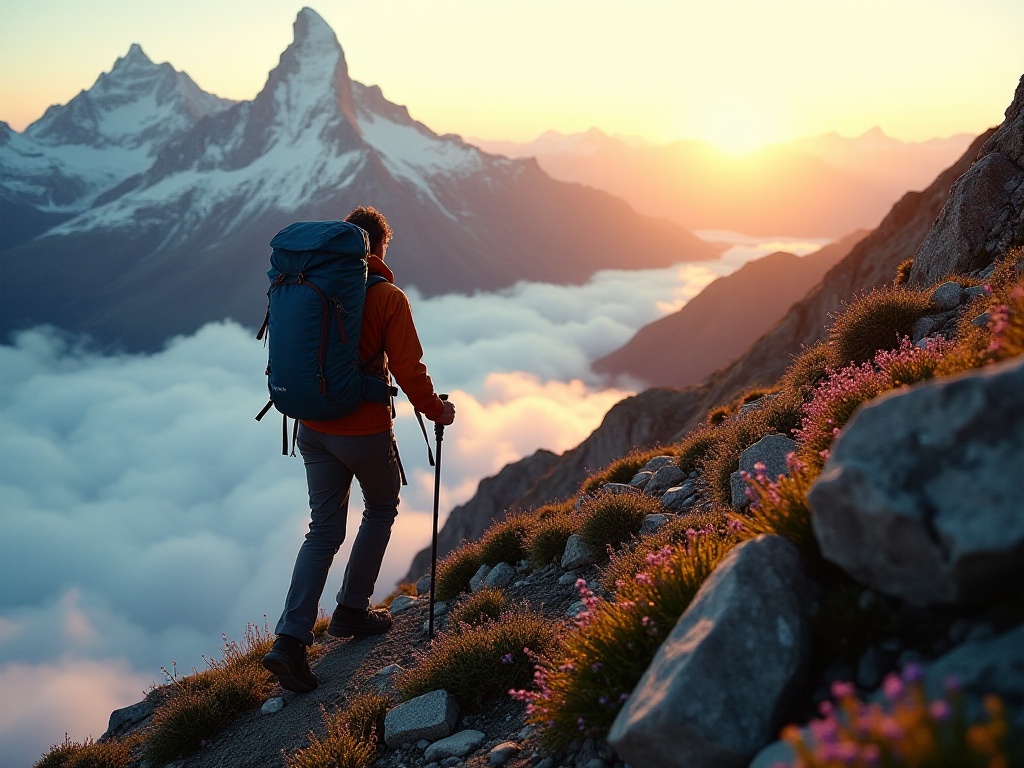
Transportation Methods
When it comes to transportation, backpackers always have their unique choices. While traveling in Europe, I bought a three-month Eurail Pass. This ticket not only saved me considerable expenses but more importantly gave me great flexibility. I could change my itinerary anytime, go wherever I wanted. Time on trains was particularly interesting, often meeting travel companions from different countries, sharing travel stories and exchanging destination advice.
I remember on a train from Budapest to Vienna, I met a music teacher from New Zealand. He was on a music tour in Europe, visiting famous concert halls and opera houses. Throughout the journey, he explained the history of European classical music to me and even whistled several famous tunes. This impromptu "music lesson" made the boring train journey lively and interesting.
In India, I experienced the famous local train journeys. Although the conditions weren't as good as European high-speed rails, it gave me more opportunities to interact with locals. On a train from Mumbai to Varanasi, I met an Indian family who warmly invited me to share their curry lunch boxes and taught me how to eat Indian bread with my hands. Such opportunities for close contact with local culture are something you could never get on a plane.
2023 data shows that the proportion of backpackers choosing public transportation reaches 85%, with 25% trying hitchhiking. This choice is not only environmentally friendly but creates more opportunities to communicate with locals. On New Zealand's South Island, I once got a ride from a local farmer. Along the way, he explained the geographical features and took me to visit his wool farm. These unexpected gains often become the most precious memories of travel.
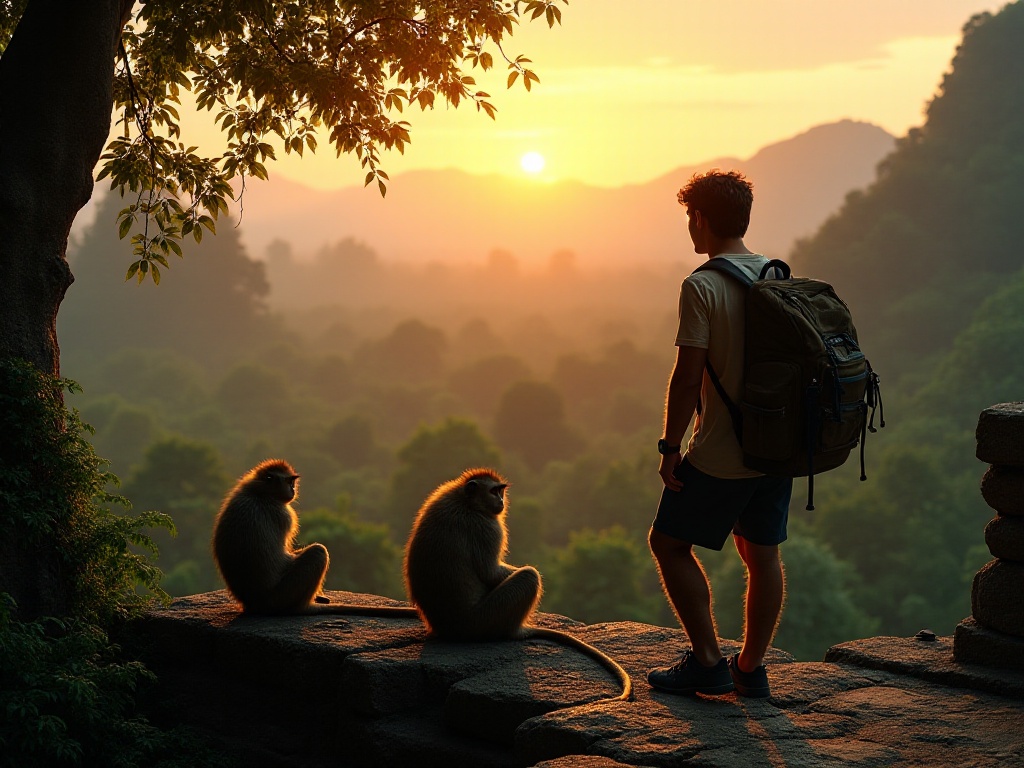
Why Choose Backpacking
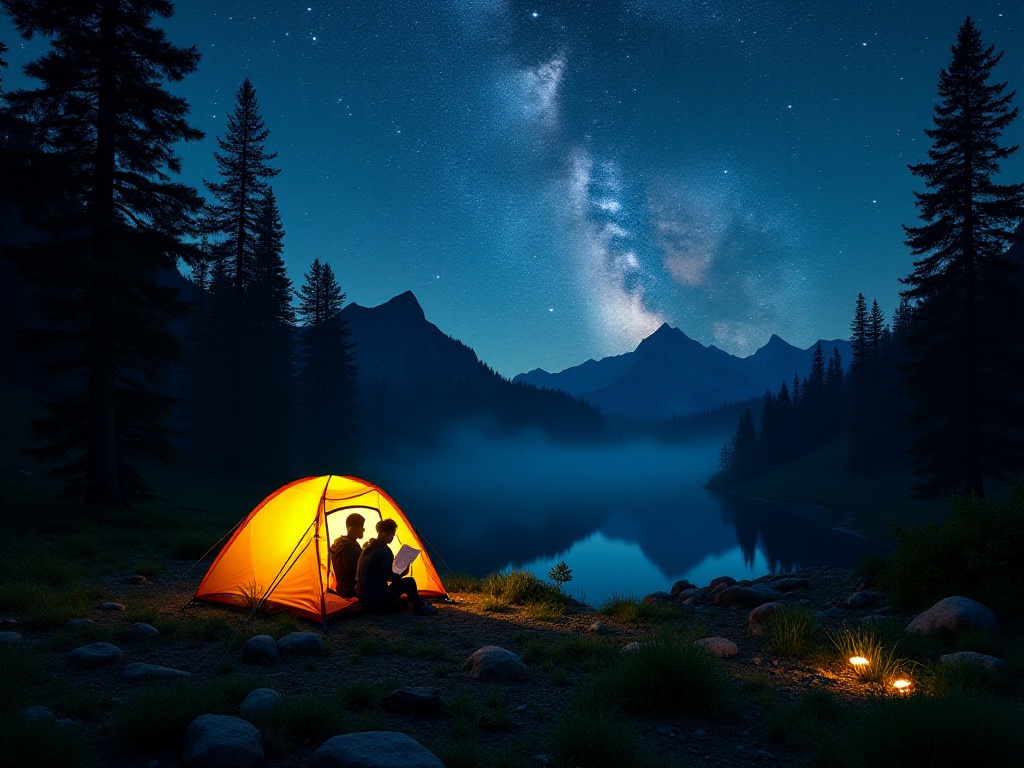
Seeking Authenticity
The biggest charm of backpacking is that it allows us to get closer to real local life. I stayed in a small village in Laos for an entire month, going to the morning market at the village entrance every dawn to buy fresh rice noodles. As time went by, I became familiar with the aunty at the stall. She would not only give me an extra scoop of soup but sometimes invite me to her home for dinner. At her dinner table, I learned to wrap Laotian spring rolls and understood Laotian family life - experiences you could never get staying in luxury hotels.
In Pokhara, Nepal, I participated in a local family homestay program. Every morning, I would do yoga with the grandmother landlady on the rooftop, watching the sunrise over the Himalayan range. In the evening, she would teach me how to make traditional Nepalese papaya curry. Through such in-depth experiences, I not only learned some Nepali language but gained a deeper understanding of Nepalese culture and lifestyle.
In the ancient city of Fez, Morocco, I once got lost in the complex alleyways. An elderly carpet seller saw my confused look and not only helped me find my way but invited me to his shop for mint tea. Although we couldn't communicate through language, we had a pleasant exchange through simple gestures and expressions. He explained to me the weaving craftsmanship of Moroccan carpets, giving me a new understanding of this ancient craft.
Self-Education
The biggest gain from backpacking is constantly improving one's ability to solve problems independently. In Mumbai, India, I once missed my booked accommodation due to a train delay. Unable to find lodging, I managed to stay with a Sikh family for a night using simple English and body language. This family's hospitality deeply moved me and gave me a deeper understanding of India's diverse culture.
In Kumamoto, Japan, I experienced an earthquake. Although it wasn't very strong, as someone experiencing an earthquake for the first time, I felt a bit panicked. But seeing how calmly and orderly the Japanese people responded, I learned to stay calm in emergency situations. The hostel staff also taught me basic earthquake response knowledge, all of which became valuable life experiences.
In Cappadocia, Turkey, I tried hot air ballooning for the first time. Although I had some fear of heights before, with the navigator's encouragement, I overcame my psychological barrier. When the hot air balloon slowly rose, watching the rock formations in the morning light, I felt the joy of conquering fear. Such self-breakthrough experiences gave me more confidence when facing other challenges.
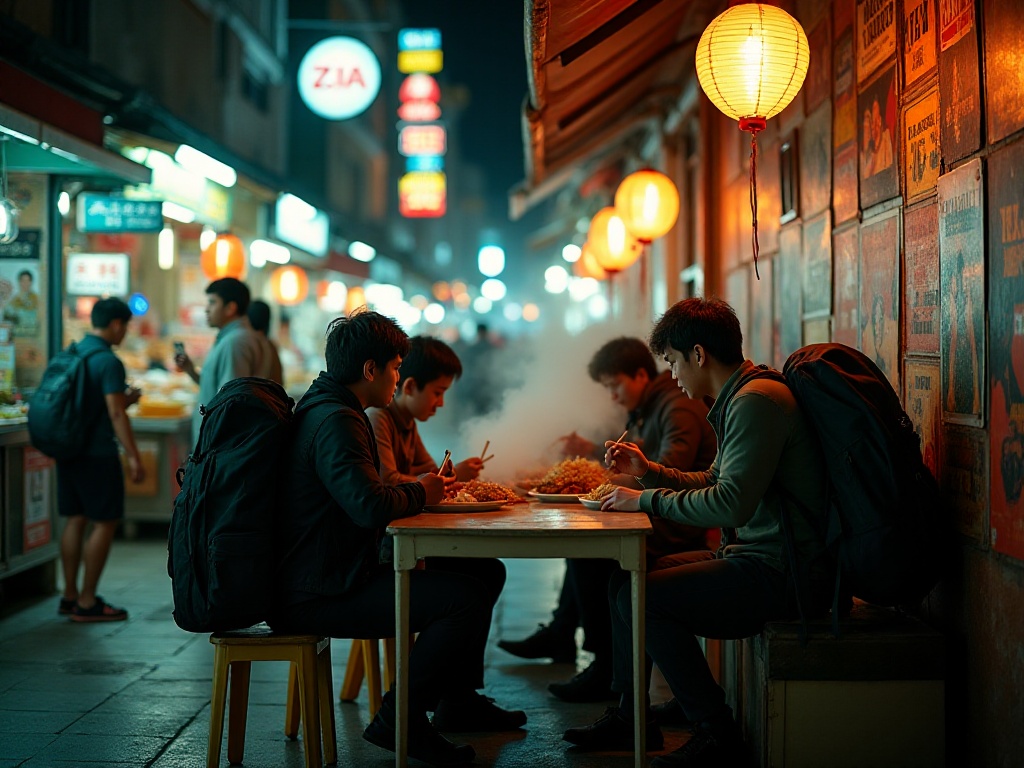
Final Words
After these years of backpacking, I increasingly feel that the "budget travel" label is far from the essence of being a backpacker. Backpacking is a way of traveling that emphasizes experience and depth. As that Canadian elderly couple in Brisbane said: "Real travel isn't about how much money you spend, but how many stories you collect."
In hostels around the world, I've met too many interesting souls. Retired professors traveling the world, writers traveling and writing, street artists pursuing their musical dreams. Each of them interprets the meaning of backpacking in their own way. This made me understand that backpacking isn't a choice to save money, but an attitude towards life, a way of exploring the world.
I remember meeting a German engineer in Queenstown, New Zealand. He told me he chooses to go backpacking for a month every year, not because he can't afford more expensive ways of traveling, but because this is the only way to truly understand a place and meet interesting people. This viewpoint really resonated with me.
If you haven't tried backpacking yet, why not put aside your prejudices about "budget travel" and give yourself a chance. Perhaps you'll discover that real travel is about using your heart to feel the unique charm of each destination, using an open mind to meet everyone who might change your life's trajectory. In this process, you'll not only collect wonderful stories but discover a brand new self.
Do you have any backpacking experiences? Maybe it's time to plan a spontaneous backpacking trip? Let's discover more unknown wonders together on the road.


